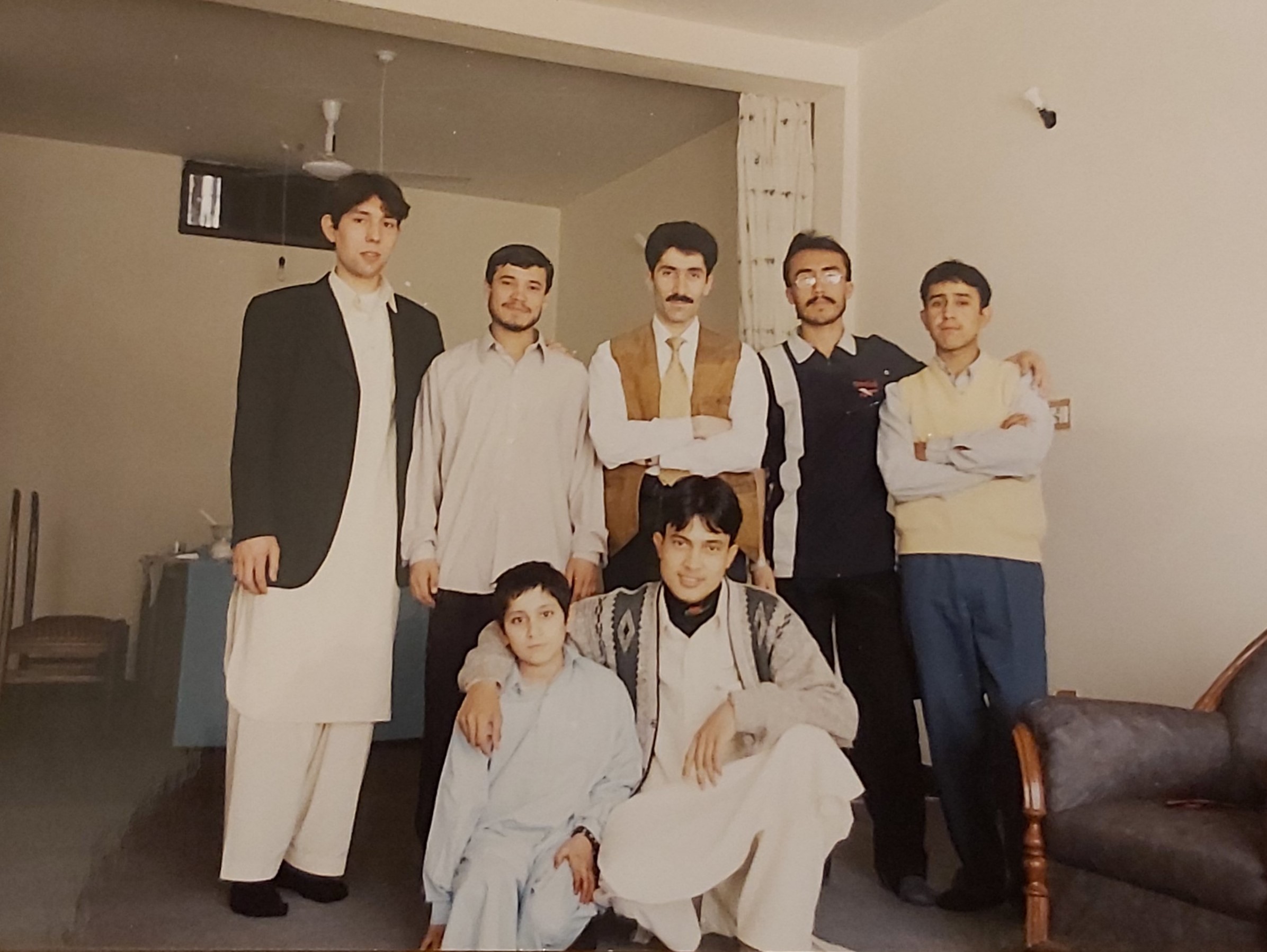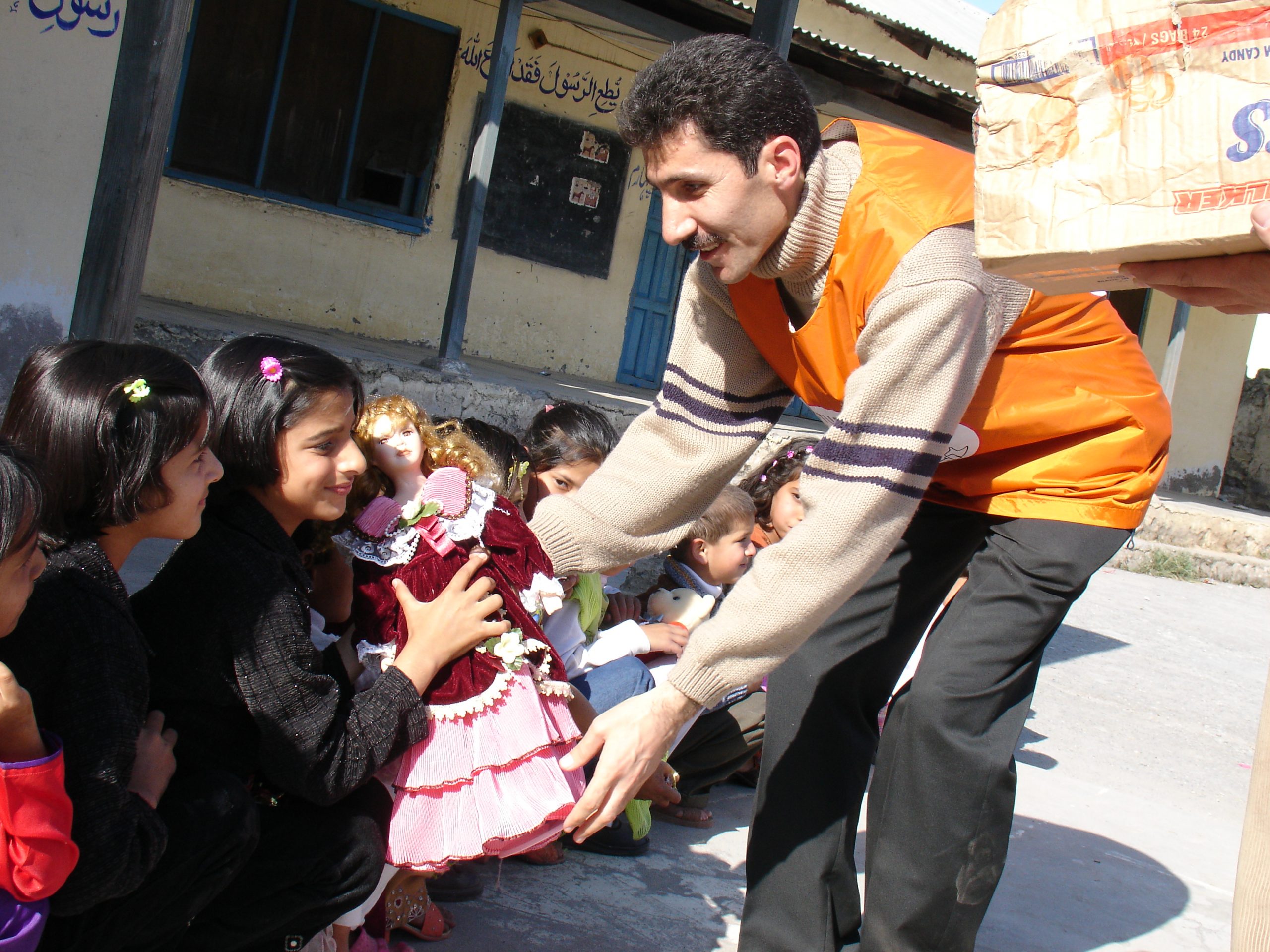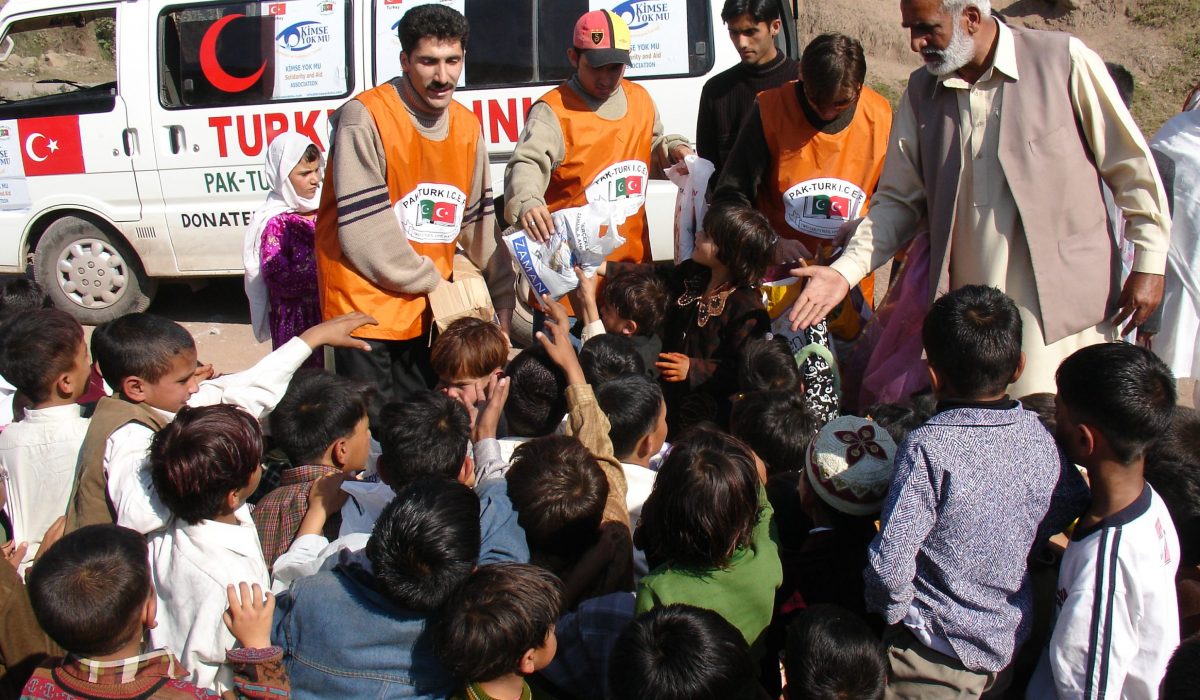Searing pain and the reintegration of two nations

Iqbal, Rumi, and Pakistan*
February 4, 2021
An adventurous journey to Europe and the distinction brought to Pakistan
February 6, 2021In the third episode of his article series, educationist Osman Arslanhan narrates the foundation process of the PakTurk Schools, the devastating October 2005 Earthquake, and the emergency relief activities conducted by both the teachers and the students.
It had been a year since I arrived in Pakistan. Most of us were affected by the anxiety, challenges, longing and the whole adjustment process during the first year. It was first unsettling that we had to learn three new languages. Such sudden and sweeping changes landed a hefty weight on our young and weak shoulders.
Meanwhile, a tradition of service which would stoke our motivation, instil us with love and zeal and remind ourselves of our essence was burgeoning. Looming on our horizons were the foreshadows of self-sacrifice and altruistic volunteerism in the course of our efforts for edifying generations in Pakistan with academics and social programs like field trips and picnics.
I should not forget here to mention our university professors Dr. Zubair, Dr. Zafar Ishaq Ansari and Mr. Akram – who was Egyptian and also our neighbour – who all rushed for our help whenever we needed. They would occasionally visit and dine with us at our residence.
The villa on Street 50
Turkish schools and their services, which had a serious impact with the success they achieved in the Central Asia and the Balkans in a short time, also extended to Pakistan. The founding director of our School was then with us in Islamabad. Indeed, Mr. Burhan Çiçek rolled up his sleeves immediately, started the feasibility studies, and met some officials within a short time. Enthused with this motivation, we were riding on our bicycles, scanning the buildings that displayed the “For Rent” signs and making comparisons for the prospective school building with our verdicts as “This one is okay” or “This one will not do.”
Eventually, we managed to find a beautiful villa at a closed end and opened our first school in 1994. The first students of our school were two teenaged brothers. They had their own home in Islamabad, but their parents lived in another city. These students would also become the first boarders of our school hostel which would be opened a year later.

Schools of distinction
I and a friend of mine were appointed as supervisors to the newly-opened hostel. Student strength in the school and the hostel increased steadily. Mr. Çiçek had purchased a minivan for himself. It not only provided him with mobility but was also dedicated to the services needed by the school. We would occasionally drive the minivan to the airport to welcome our boarding students Mubeen from Karachi, Dawood and Usman from Saudi Arabia, Ali Raza from Quetta, and Zeeshan from Peshawar.
Having first with a bunch of students, the schools with their hostels would grow in size and number throughout the years, and would become the schools of distinction thanks to their quality and self-sacrificing and profoundly talented teachers.
The great agony that shook the country
PakTurk Schools proved themselves within a short time; meanwhile, the number of staff increased, expanded and opened branches in all provinces. They reached out even to the remotest cities and practically launched an educational campaign. Meanwhile, the science and art fairs and exhibitions organized by the Schools were appreciated by the public.
It was a Saturday in 2005. I parked the car in front of our school and leant towards the backseat to get my books and files from there. Suddenly, the boxy car started to shake violently. I put my head out in surprise to see if someone was pranking me by shaking the car, I also heard noises of glass shattering and I felt dizzy almost immediately. No, nothing was wrong with me. Those were the first moments of the 7.4-scale earthquake which took the lives of 80,000 people, seared thousands of families in utter agony, and devastated towns and even cities.
The tremors lasted for less than a minute. Until then, we did not know what destruction they brought in their wake. I rushed to our head office. The administrators were in an emergency meeting to receive accurate information about the magnitude and gravity of the disaster. Our two volunteer medical doctors had analysed the issue and were preparing for their duties in the disaster zone.
‘Get ready, we may go to Kashmir!‘
Feasibility meetings lasted until late hours. Around the midnight, one of our doctors phoned and said, “Get ready, we may go to Kashmir!”
We arrived at the Army Aviation helipad at 4:00 p.m. We requested an official permission to board on any helicopter bound for Muzaffarabad. After some discussions, they accepted our request. In less than 24 hours after the disaster, we managed to reach to the earthquake zone – the epicentre of shock, pain, agony, lament, and disaster – with two medical doctors in our emergency response team.

While our doctors scrambled for emergency medical response, we continued our feasibility work for delivering emergency and humanitarian relief materials to the affectees. The initial demands were mostly for potable water, fruits, biscuits, blankets, bedding, and tents. Our schools had already launched an emergency relief campaign across the country and the administrators were coordinating the delivery of the collected materials to the quake zone. Everyone including teachers, students, and parents was rushing for assistance. Having realized the massive magnitude of the disaster, our school administrators also contacted some humanitarian relief and civil society organizations in Turkey to run large-scale emergency relief and donation campaigns.
Allah’s consent and a child’s smile
As days passed, pain and agony riveted deeper. People wailed in lament and struggled helplessly to receive emergency relief for all. Several national and international humanitarian relief organizations had been present at the disaster zone. However, the scale of destruction and the toll to human lives were far higher than they anticipated. As corpses lined in the streets, hopes were running thinner. Yet, we had to extend our helping hand to the survivors and replenish their hopes.
PakTurk teachers were mobilized to distribute medicines, blankets, clothing, and shoes, besides setting tents and helping to run the field kitchens. Our doctors volunteered with their field clinics and ambulance services in the zone. During those days when the winter had arrived with biting cold, PakTurk volunteers would take rest – if they had the chance – in field tents and sometimes skip bathing, while working round the clock and fasting in the month of Ramadhan. For them, a child’s smile, a mother’s prayer, and Allah Almighty’s divine consent were of high priority and a priceless reward.
To be continued…





No Comment.